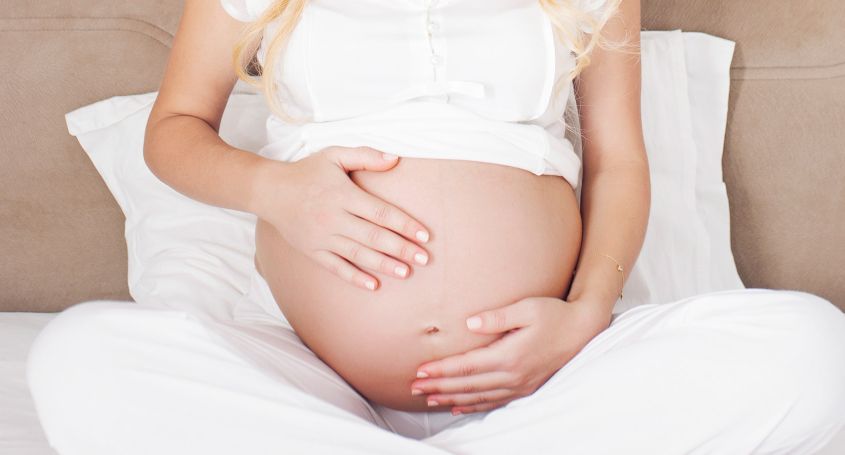Even though the ideal biological age to become a mother is before your 30s maternity is delayed more and more. In 2017 the Spanish National Statistics Institute (INE) placed on 32.5 years old the average age in which Spanish women have their first child. Even though society has changed and entering the job market usually happens later than it did some years ago, your biological clock keeps ticking away.
The stage of maximum female fertility ends around 30 years old and from this moment the fertility decreases. From 40 years old the probability of getting pregnant naturally is 5% and more than 50% of the eggs may be chromosomally altered.
Why does fertility decrease?
Women are born with a certain number of eggs, approximately a million, that decreases with time. With their first period and during puberty this quantity gets reduced to about 400,000 eggs. After that, during each period a quantity of about 1000 eggs is used to ovulate just one. However, with the passing years both egg quantity and quality decrease. The first follicles that develop are the ones containing eggs of better quality and have more probability to get a normal pregnancy. For this reason, during your 20s your ovarian reserve is good.
From your 30s, on top of the difficulty to get pregnant naturally, you need to take into account a higher probability of premature labour, abortions or chromosomal alterations in the foetus.
Egg vitrification, the solution to preserve fertility
If you would like to have kids, but you are not ready yet, the egg vitrification treatment is a good option to preserve your fertility. It is an extra fast freezing technique that allows to preserve your egg genetic material and their quality until the moment you feel ready to become a mother.
Firstly, you will need to check your ovarian reserve through a blood test and to get an ultrasound scan done to make the most of your treatment. Then the ovary stimulation and egg retrieval may take place and its average duration is 10-12 days. It is recommendable to obtain at least 8-10 eggs to reach a reasonable success rate. Afterwards your eggs will be submerged in liquid nitrogen at -196ºC and they will be kept there all the time needed without any quality alteration.
What do I have to do when I want to become a mother?
To be able to use your eggs they need to be thawed in the laboratory to be fertilised by your partner semen sample or a donor’s. The obtained embryos will be kept in culture to be transferred 5 days later. To transfer them you need to prepare your endometrium with a hormonal treatment. Embryos that will not be transferred will be frozen.
If you would like to become a mother, but you still need time, contact us and stop your biological clock without worries.














